The Benefits of Integrating DCS and SCADA Systems for Real-Time Process Control
In the realm of industrial automation and control, two key technologies play pivotal roles: Distributed Control Systems (DCS) and Supervisory Control and Data Acquisition (SCADA) systems. While both systems serve distinct functions, their integration offers a multitude of benefits, especially when it comes to achieving real-time process control and optimization.
Understanding DCS and SCADA Systems
Before delving into the advantages of integration, let's first grasp the basic functions of DCS and SCADA systems:
DCS (Distributed Control Systems)
DCS systems are designed to manage complex processes within industrial facilities. They consist of a network of controllers distributed throughout the plant, all connected to a central control room. DCS systems excel in regulating intricate processes, such as those found in chemical manufacturing, power generation, and oil refining.
SCADA (Supervisory Control and Data Acquisition) Systems
SCADA systems, on the other hand, primarily focus on monitoring and controlling processes. These systems collect data from remote sensors and equipment, visualize it in a central location, and provide operators with a comprehensive view of the industrial processes. SCADA systems are widely used in various industries, including water treatment, utilities, and manufacturing.
The Synergy of Integration
Now, let's explore how integrating DCS and SCADA systems can yield significant advantages:
Real-Time Data Visibility
Integration enables seamless data exchange between DCS and SCADA systems. This synergy provides operators with real-time access to critical process data, enhancing their ability to make informed decisions promptly. Real-time data visibility is vital for detecting anomalies, preventing issues, and optimizing processes for peak efficiency.
Comprehensive Monitoring and Control
By combining the capabilities of DCS and SCADA, operators gain a more comprehensive view of industrial processes. DCS systems handle the intricate control tasks, while SCADA systems provide a broader overview and allow operators to intervene when necessary. This synergy improves overall process control and responsiveness.
Enhanced Alarming and Notification
Integrating DCS and SCADA systems enables the creation of advanced alarm and notification systems. Operators can set up customizable alarms that trigger when specific conditions are met. This feature is crucial for identifying potential issues early, preventing downtime, and ensuring safety.
Historical Data Analysis
Integration facilitates the collection and storage of historical data from both DCS and SCADA systems. This data treasure trove is invaluable for performance analysis, trend identification, and predictive maintenance. It empowers organizations to make data-driven decisions and optimize processes over time.
Scalability and Flexibility
Integrating these systems enhances scalability and flexibility. As industrial processes evolve and expand, the integrated system can adapt to accommodate changes seamlessly. This adaptability ensures long-term viability and cost-effectiveness.
Cost Savings
Ultimately, the integration of DCS and SCADA systems can lead to significant cost savings. Improved process control and reduced downtime translate into increased productivity and reduced operational expenses. Moreover, the ability to make data-driven decisions reduces the likelihood of costly errors.
Conclusion
In conclusion, the integration of Distributed Control Systems (DCS) and Supervisory Control and Data Acquisition (SCADA) systems is a powerful strategy for achieving real-time process control and optimization in industrial settings. By harnessing the strengths of both systems, organizations can enhance data visibility, improve process control, reduce downtime, and realize substantial cost savings. As industries continue to evolve, the synergy between DCS and SCADA integration will play a vital role in maintaining a competitive edge and ensuring efficient, reliable, and safe industrial processes.
Subscribe to Us !
-
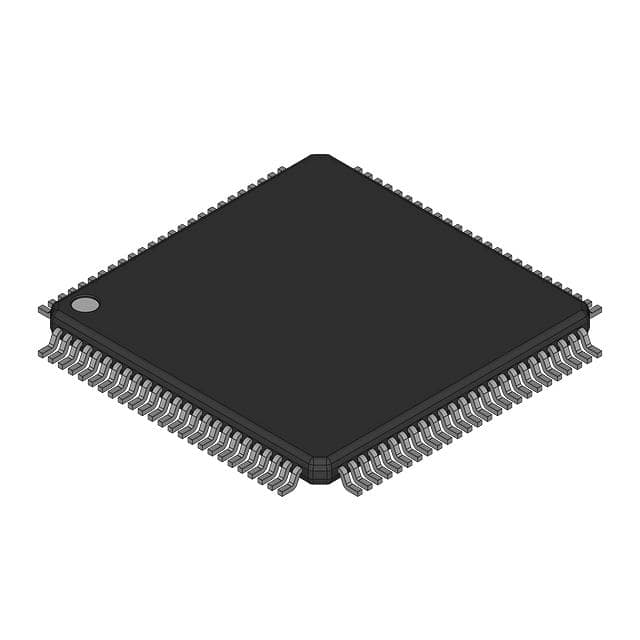 LV71081E-MPB-E
LV71081E-MPB-Eonsemi
-
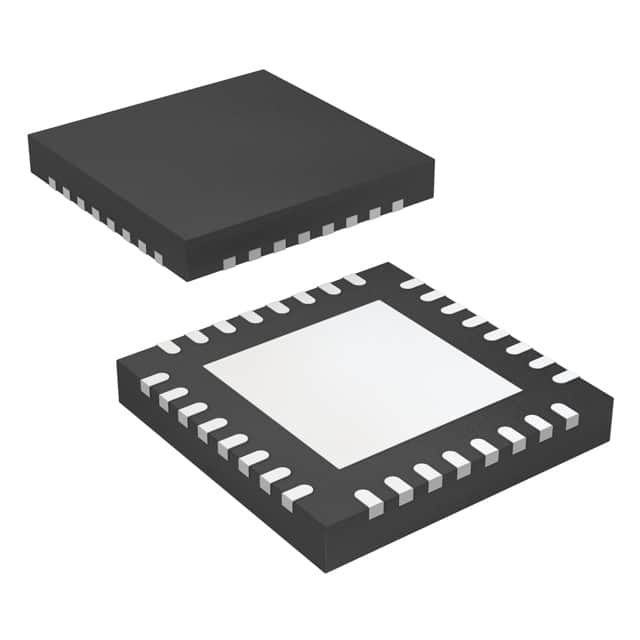 LMK00334RTVRQ1
LMK00334RTVRQ1Texas Instruments
-
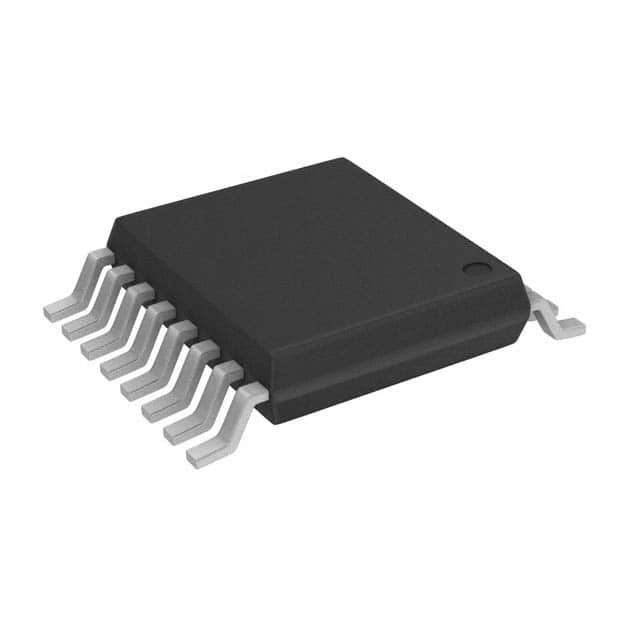 PI6C557-03LEX
PI6C557-03LEXDiodes Incorporated
-
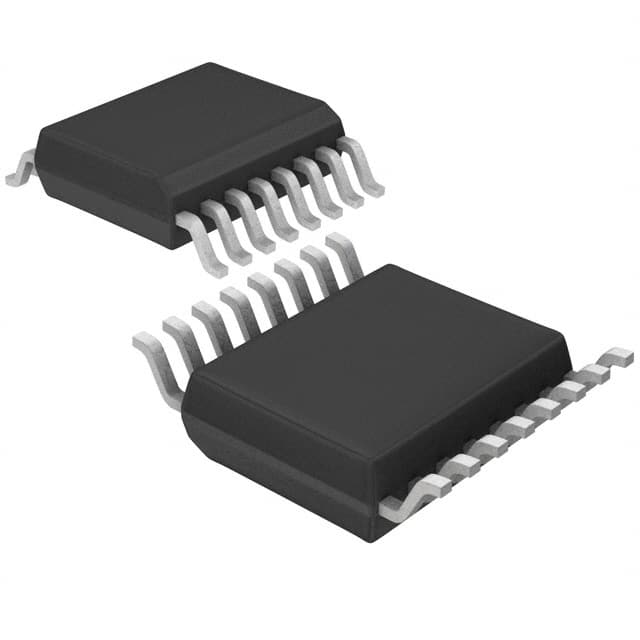 PCM1753DBQR
PCM1753DBQRTexas Instruments
-
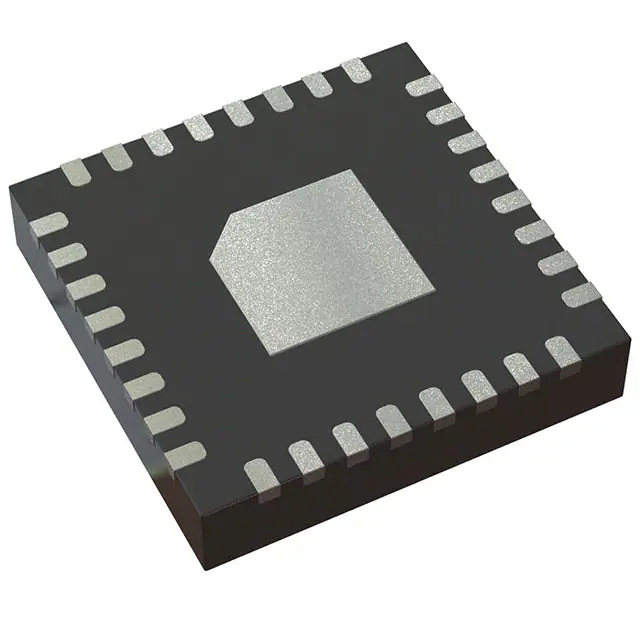 ADS1204IRHBT
ADS1204IRHBTTexas Instruments
-
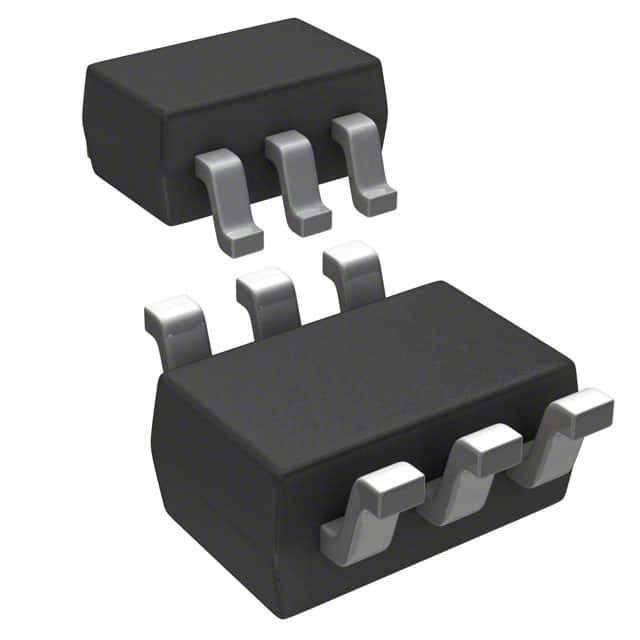 MCP4018T-104E/LT
MCP4018T-104E/LTMicrochip Technology
-
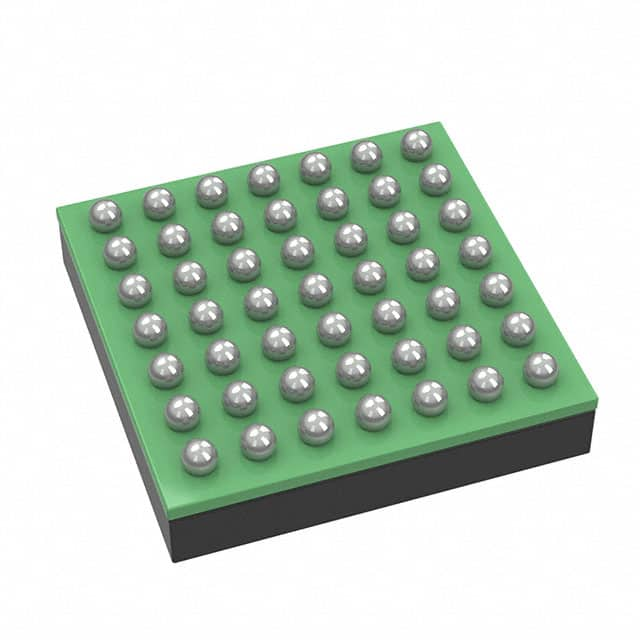 T4F49C2
T4F49C2Efinix, Inc.
-
.jpg) A40MX02-PLG44
A40MX02-PLG44Microchip Technology
-
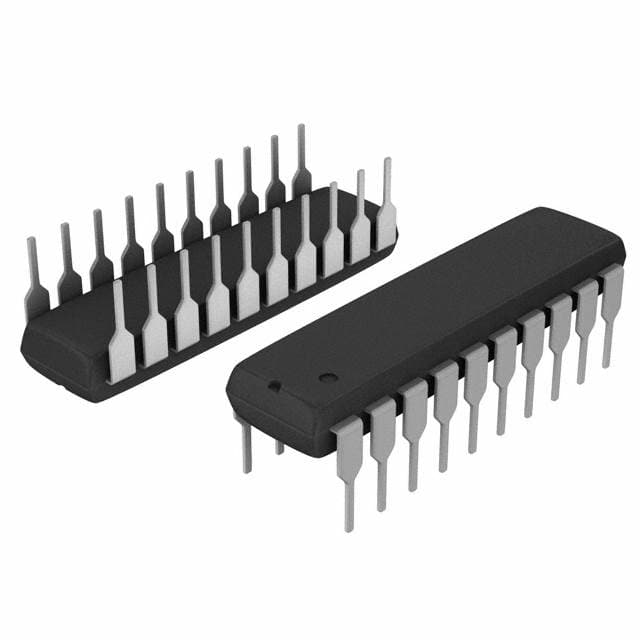 ATF16V8C-7PU
ATF16V8C-7PUMicrochip Technology
-
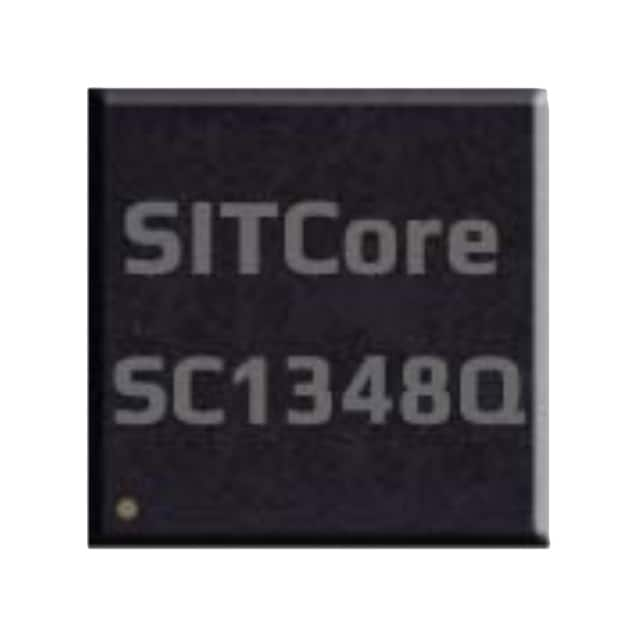 SC-13048Q-A
SC-13048Q-AGHI Electronics, LLC

